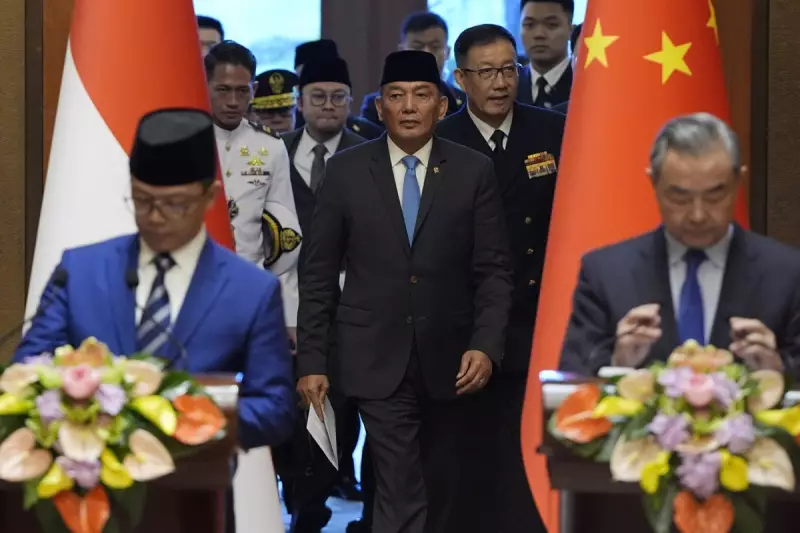
In a dramatic defence policy shift that signals changing geopolitical allegiances, Indonesia has officially scrapped its long-planned acquisition of Russian Sukhoi Su-35 fighter jets, turning instead to China's sophisticated Chengdu J-20 stealth fighters.
A Strategic Pivot Amid Western Pressure
The decision marks a significant departure from Indonesia's original procurement plans and comes as Western sanctions continue to limit Russia's ability to fulfil international defence contracts. Defence Minister Prabowo Subianto confirmed the policy reversal, stating the move aligns with Indonesia's need for modern, capable aircraft that can be reliably supplied and maintained.
The original Su-35 deal, valued at approximately $1.14 billion, had been stalled for years due to increasing pressure from the United States, which threatened sanctions under the Countering America's Adversaries Through Sanctions Act (CAATSA).
Why the Chengdu J-20?
China's Chengdu J-20 represents a technological leap for the Indonesian Air Force, offering:
- Stealth capabilities that significantly reduce radar detection
- Advanced avionics and sensor systems
- Supercruise ability without afterburner
- Compatibility with modern air combat doctrine
This acquisition positions Indonesia among the few nations operating fifth-generation fighter aircraft in Southeast Asia, potentially altering regional military balances.
Regional Implications and Responses
The defence shift is being closely watched by neighbouring countries and major powers alike. Analysts suggest this move could:
- Strengthen China's influence in Southeast Asian defence markets
- Prompt similar reconsiderations by other nations considering Russian hardware
- Accelerate military modernisation programs across the region
The decision comes as Indonesia seeks to modernise its ageing fleet of American F-5 Tigers and Russian Sukhoi Su-27s and Su-30s, with reliability and maintenance issues driving the urgency for new acquisitions.
What This Means for Global Defence Dynamics
This landmark decision underscores the evolving nature of international defence partnerships and the growing impact of geopolitical considerations on military procurement. As Western sanctions continue to reshape global defence markets, nations are increasingly looking beyond traditional suppliers to meet their security needs.
The Indonesian move may well set a precedent for other nations caught between maintaining relationships with traditional partners and accessing the advanced military technology they require in an increasingly complex global security environment.





